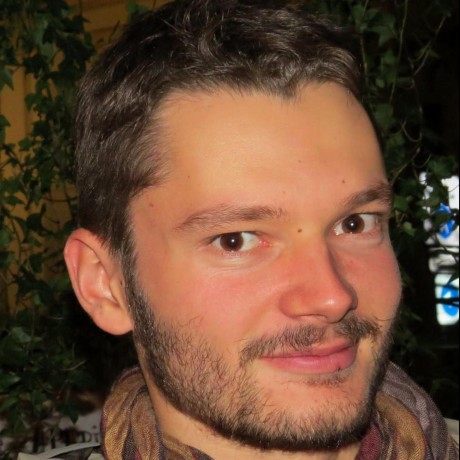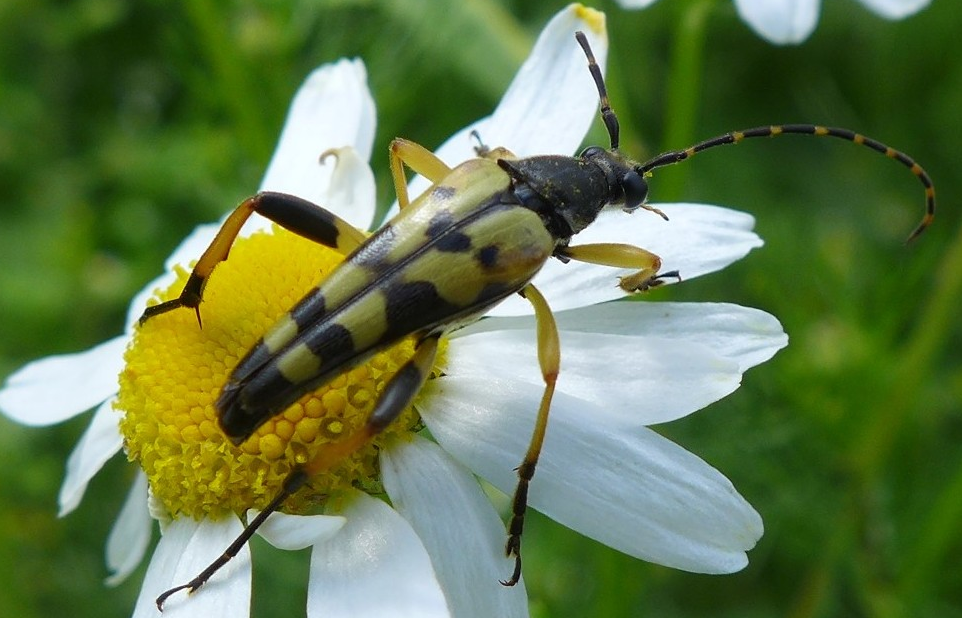About my PhD defense in Germany
I recently held my defense and will most certainly make a couple of posts in the ”near” future on important aspects of the PhD that might helped current or future PhDs. In this post I will talk a bit about my experience during the defense and what helped me preparing it but also holding it.
A defense is very much context-dependent:
There are large differences in the format of a defense between countries and even within a country between different universities. In France PhD candidate make a presentation of circa 45min before answering questions from a jury composed of 5-8 people, the defense in itself lasting around 3hrs. In Belgium, the PhD candidate meet his/her committee in a pre-defense that is closed to the public. During this meeting (nasty) questions and (relevant) critics are raised and the candidate has then 2 months to revise the thesis. After that the public defense is mostly a formal event where only general and mild questions are asked. In Sweden, an external examiner takes up the role of the opponent and basically present the work of the candidate to the thesis committee and the audience. After that there is a question phase where the candidate has some work to do. I just wanted to outline these few examples to make you realize how widely different the actual defense can be, be sure to become familiar with your system already in the first years of your PhD to know what is expected of you and how it will proceed. This is even more important if you graduate in a foreign country where you might naively expect things to be like at home. The best way to achieve this is to attend defense at your faculty.
At the university where I graduated (Technical University Munich) the defense is traditionally a one-hour long discussion with the committee with no public. The candidate briefly present his/her main results and conclusions (without powerpoint) followed by questions and discussions with the committee. It is actually more a formal event than an exam in itself the main aim of the defense being (and I quote the chair of my committee): “To prove that he is the one behind the work contained in the thesis”. The TUM also allow candidate to make the defense open to the public, I decided to do so and I actually was the first one in my chair to go that way.
How I prepared for the defense:
Since I was the first candidate to have an open defense in my chair I did not had the first-hand experience on how the defense usually goes at my university. I asked some former PhDs and they gave me some infos like how was the atmosphere during the defense, what type of nasty questions the committee came up with and so on. I also read a couple of blog post providing advice to prepare for the defense-like exams, I liked this one or this one.
The preparation of the defense consists of two connected tasks: developing the talk and training for the questions. For the talk part I spent a week or so going over my thesis and picking up the results that I wanted to highlight in the short time that was given to me (10-15min) and also putting together a structure for the talk. I decided to spend a third of the time giving some background information into my research (experimental biodiversity ecosystem function) and the study system I used (the Jena experiment). The rest of the talk being a short summary of the chapters focusing on the results. As I mentioned above the candidate are expected to give the talk without visual aid, so it is basically a scientific speech, which can be a bit scary since we tend to rely more and more on our slides in scientific talks. I rehearsed the speech once a day for 10 days before the defense, the first days mumbling while being prostrated in my bed. And then gradually standing alone, standing in front of a friend and finally in front of colleagues for a practice session. This way I slowly built up some confidence learning to put in some pauses or some re-phrasing of complex results. A few days before the defense I had a practice session with some colleagues (~5 of them). It is a large difference to talk at home in front of a friend or flatmate and to talk in the university in front of fellow scientists. So, if you have the possibility, do rehearse your talk in university settings. For preparing the question part, I asked around to former PhDs what type of questions they were asked. There are some general questions that are to be expected such as: “Do the results that you showed in system/compartments/species X also apply in system/compartments/species Y?”, “What are the implications of your work?/ Can you make some recommendation based on you results?”, “What hypothesis are supported/rejected by your work?”. I did not actually rehearse answering these types of questions, I mostly spent my time reading general ecology books, PhD thesis and recent conceptual or opinions articles in my field of research. So I had in my head a couple of arguments and concepts that I could develop if I were to be asked a range of questions. I scratched down on pieces of paper these ideas and how I would link them to some questions.
The arduous Days/Hours before the defense:
These were pretty hard time for me, I went through cycles of stress, going from “You are well-prepared, it is just a formal event” to “What will happen if I blank-out, loose my train of thoughts” within a few hours. Some days I felt pretty good and happy in the daytime and then before going to bed starting to stress out of nowhere. Several things helped me during these times: knowing that my parents would be there to support me, walking, and sleeping. The day before the defense I was not locked in my room pouring over old and new manuscript, rather my parents came in town and we spent the day strolling through the city. The day of the defense I walked a bit in the morning, went to do some shopping for the party afterwards. I gave responsibilities to my parents to prepare the party and spent some time running a bit around to grab stuff, to meet people allowing myself to be gradually stressed out. This was not really helped by every second people asking me: “Are you stressed?”, this is a pretty stupid things to ask to a PhD candidates minutes away from his/her defense. What helped at that time was doing a bit of small talking with people I did not meet for some time and that came specifically for the occasion.
During the defense:
The chair of my committee gave some introductory words that were pretty soothing added to that the fact that the audience had all very positive and smiley faces, this all gave me some confidence for the talk that went pretty well. I might have stumbled a couple of time but all in all the training paid. After that I was allowed to sit and I faced my 4 judges, my supervisor launched straight away a series of questions on hypothesis and unified theories that got me a bit unprepared, he jumped on some of the nonsense that I uttered in those moments but I gradually got grip of my arguments. One of my examiner always started his questions by giving some background, some results from his systems then phrasing out some question and giving some possible alternatives before asking for my opinion. I really enjoyed talking with him and I wish all future candidate to have at least one member of jury being that way. The defense in itself went pretty fast, it was not an experience that I’d like to live again tomorrow, but after it, it became clear that 90% of the stress that I felt for the defense was self-generated: my worst enemy for the defense was myself. Something to chew on for the next years.
After the defense:
In Germany after the defense there is a party and if since my labmates where cool they organized some game where I had to face my supervisor. The games were customized to the methods I used for my PhD, so for one game we were given leaves and we were told to remove (eat!) a specific area from the leaves (like 10%), this is inspired by the herbivory measurements I made. In another game we had plasticine dummies with marks on them and we had to identify what object/animal left these marks, these included coffee bean or corkscrew, this was again inspired by some of the measurements we did.
Conclusion:
All my recommendations for preparing your defense boils down to: (i) assist PhD defense(s) in your university, it is even better if you can see some members of your future committee while they grill some other poor candidate, (ii) take as many opportunity as possible to train your presentation, if possible train it in the room where you will have the defense, (iii) ask PostDocs or past-PhDs student around you to talk about their experience, people react differently to these kind of situation, it is best to have a large sample size of past experience on this, (iv) try to take some holiday before your defense to concentrate on preparing it, allowing yourself loads of little treats, like nice walks, cool food, loads of sleep, cool movies or whatever makes you happy.
If you face your defense soon, I wish you good luck!


Leave a Comment